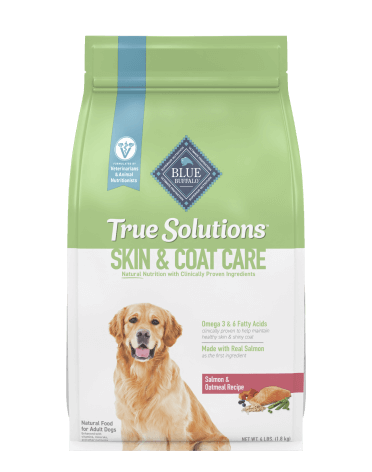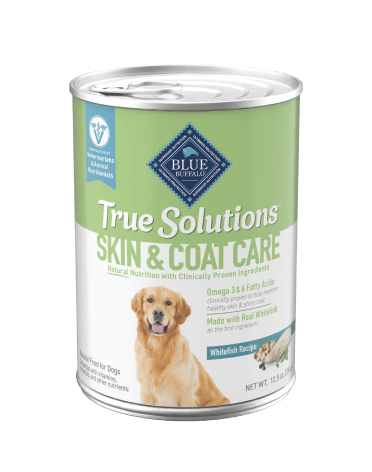What causes skin irritation and itching in dogs?
Nonstop scratching and itching can drive you and your dog crazy, but it can also lead to skin lesions, infections, and hair loss. Itching itself isn’t a disorder; it’s a symptom of another condition.
Dog Flea Allergies: Signs & Treatment
Parasites, such as mites and fleas, can cause temporary itching, but allergies are the most common cause of chronic scratching. Reactions to food, the environment, or a flea allergy can cause itchy skin in dogs.
If your dog has a flea allergy, just one bite can trigger chronic itching and biting. Once fleas are controlled and stopped, the scratching subsides. If your best pal has been diagnosed with a parasite such as scabies, your veterinarian can prescribe a mange treatment to eliminate the mites.
Dog Yeast & Bacterial Infections
Yeast and bacterial infections can also cause scratching, rubbing, or licking of the paws and face. Veterinarians may prescribe antibiotics to reduce or stop the itching and licking. If the irritation continues after antibiotic treatment, it may indicate a more chronic problem, such as allergic skin disease.
What causes skin allergies in dogs?
Insect bites, food allergies, or reactions to environmental allergens such as pollens, mold, or dust can commonly cause an allergic reaction on dogs’ skin. Seasonal itching is most likely due to allergens. If your dog itches throughout the year it may be due to an environmental allergy like dust mites, or it could be from a food allergy.
Food allergies
Food allergies are adverse reactions to proteins or other ingredients in your dog’s food. If you suspect a food allergy, ask your veterinarian for a strict elimination diet to help identify the specific allergen so your dog can transition safely to food that doesn’t contain that ingredient.
Trial elimination diets usually exclude ingredients that are common causes of allergic reactions. They often feature fish or unique animal proteins your dog has never eaten. For the trial diet to work, you’ll need to follow it precisely and avoid feeding any ingredients that aren’t on the diet.
Environmental allergies
Dogs can contract environmental allergies by inhaling pollen or mite dander allergens, or by absorbing grass allergens through their skin. Your dog may require shots or regular medication to combat environmental allergies, especially during seasonal outbreaks.
Allergic reactions to food, grooming products, or environmental irritants can cause allergic dermatitis in dogs. If your dog develops rashes frequently, your veterinarian may prescribe corticosteroids to reduce the itching. The best way to fight these symptoms is to figure out which allergens are causing the reaction so you can help your dog avoid them.
Is your dog’s skin color changing?
If you notice your dog’s skin color or coat texture changing, it could signal an infection, metabolic, or hormonal problems like a thyroid disorder or Cushing's disease, or another skin disorder. Usually a simple blood test can identify the cause.
Check your dog’s skin and coat regularly for signs of discoloration, redness, scaling or bald patches, which can all signal an underlying condition. Fortunately, most canine skin problems aren’t emergencies and dogs respond well to the right treatment.
Dry skin remedies for dogs
Feeding specially formulated dog food for skin allergies can help manage your dog’s dry and flaky skin. If your dog is prone to dry skin in the winter, feed high-quality food that’s formulated with omega-3 and omega-6 fatty acids to support their healthy skin and a shiny coat.
Optimized levels of omega-3 and omega-6 fatty acids have been shown to improve dull coats and dry skin. Look for dog foods that contain fish oil, a major source of omega-3 fatty acids, which help reduce inflammation.
Omega-6 fatty acids help maintain a healthy coat barrier by retaining moisture and strengthening skin cells. Linoleic acid is an essential omega-6 fatty acid your dog can get from food sources and/or supplements.
Other natural remedies for itchy dogs can include dog-safe moisturizers from your local pet store, plus prescription shampoos and conditioning rinses.
Your dog’s skin is his largest organ, so help it stay healthy. The next time you cuddle, look for any changes in your dog’s coat. As always, consult your veterinarian to find the right treatment for your dog.










